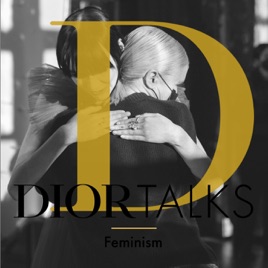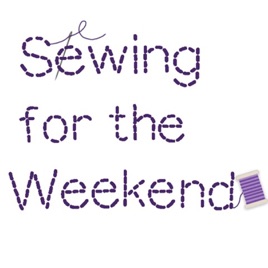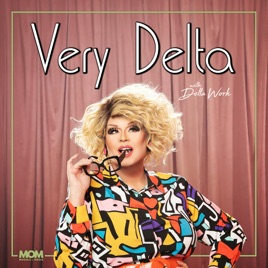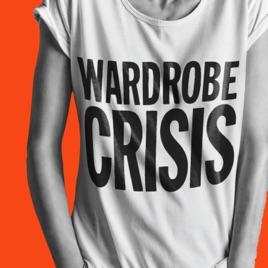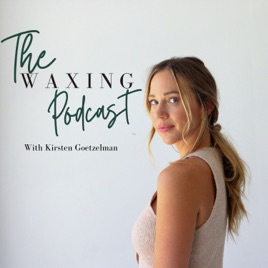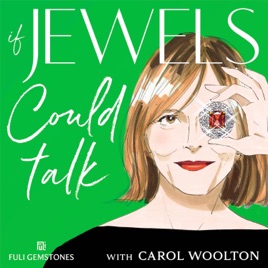[Feminism] Sharon Eyal, the singular dancer and choreographer, talks to Justine Picardie about her passions, inspirations and career
2021/03/11
Welcome to ‘Feminism’, the new series of ‘Dior Talks’ podcasts, hosted by Justine Picardie. ‘Dior Talks’ creates fascinating spaces for expression, exploring the imaginations and discourses of the artists and thinkers who influence Maria Grazia Chiuri. ‘Feminism’ engages in dialogue with the women who have inspired the Creative Director of Women’s collections and taken part in bold, empowering collaborations with the House. An exceptional roster of guests shares the magic of their thinking and the key moments of their careers with biographer and journalist Justine Picardie.
Here, Picardie talks to Sharon Eyal, the highly esteemed dancer and choreographer, who directs the L-E-V Company, the unconventional yet rigorous dance troupe she founded with performance curator Gai Behar. Trained in classical ballet, she swiftly developed her own uncompromised style early in her career. She has become known for an expansive range of reference, strongly defined aesthetics and complex choreography, has won numerous major awards for her work and performed with her company worldwide.
Sharon Eyal was born in Jerusalem, a self-described ‘hyperactive child’ until her parents signed her up for ballet lessons at the age of 4. From 1990 to 2008 she danced with the Batsheva Dance Company, founded by Martha Graham in 1964, and served as associate artistic director for the Batsheva Dancers Create program from 2005-12. Since its founding in 2013, L-E-V has been the arena for her profound, beguiling vision of choreography, with electronic music, fashion, contemporary art and club culture regular references. The company has performed at major venues such as the Joyce Theater, New York, and Sadler’s Wells, London, and international festivals including Jacob’s Pillow Dance Festival, Montpellier Danse and Julidans.
In this first episode of ‘Feminism’, Justine Picardie, a longtime fan, asks Eyal about her unrelenting passion for dance and movement as they discuss the central themes of freedom, physicality and flight, both corporeal and emotional. Despite its grueling realities, dance has been a release for Eyal and, intriguingly, a centering source of calm. She talks about the connection she formed with Maria Grazia Chiuri collaborating on the Spring-Summer 2019 show at which Eyal’s dancers gave a remarkable performance, an experience repeated in ‘Disturbing Beauty’, the film that presented the Autumn-Winter 2021-2022 collection. Eyal finds huge inspiration in Maria Grazia Chiuri’s designs and recognizes the importance of female movement, female expression and, most crucially, female liberation in the women’s collections.
more
